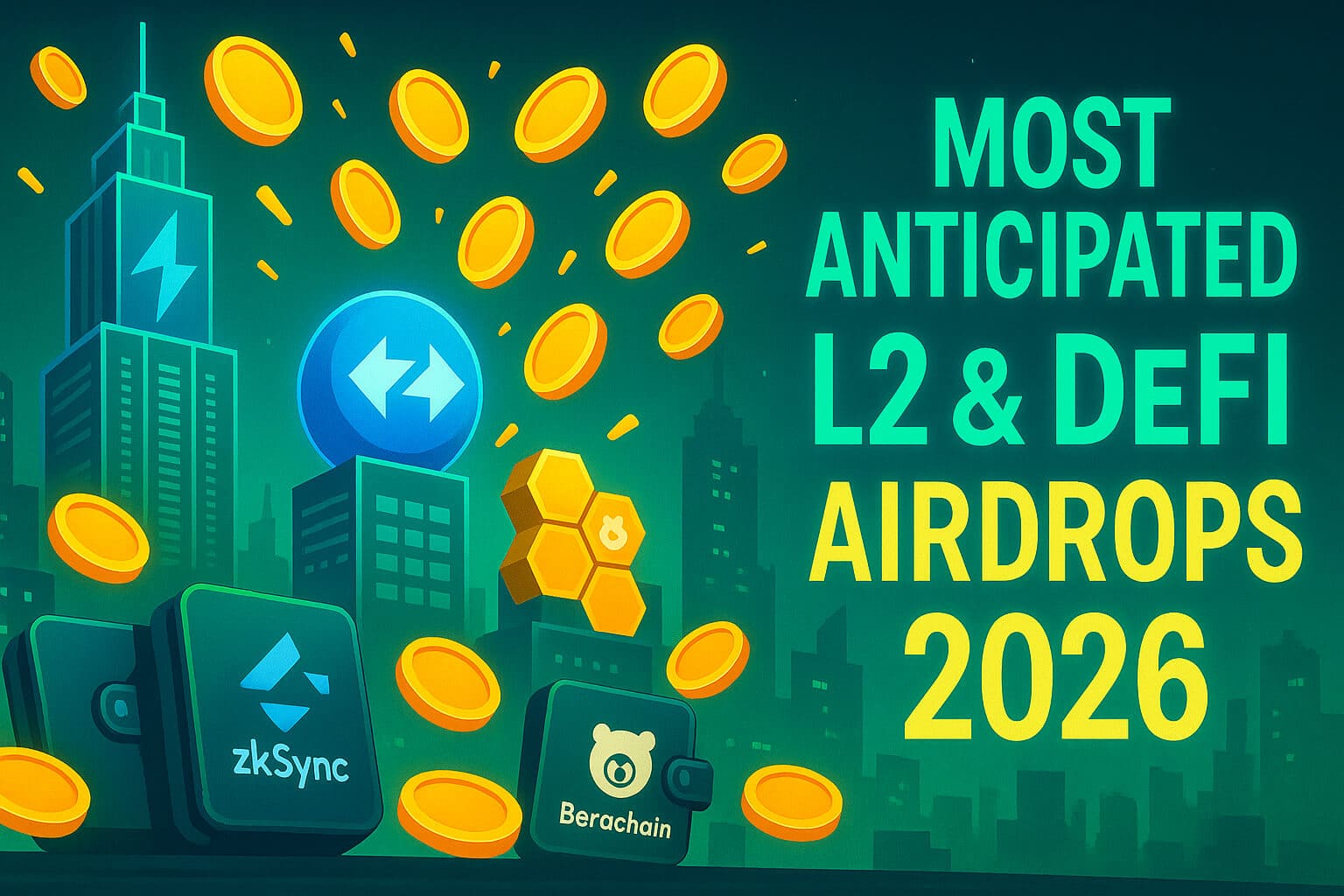Crypto and the Environment: Addressing the Concerns
Cryptocurrency, while revolutionary, has faced significant scrutiny over its environmental impact. The energy-intensive nature of proof-of-work (PoW) mining, particularly in popular cryptocurrencies like Bitcoin, has sparked debates about the sustainability of the entire industry. In this article, we’ll explore the environmental concerns related to cryptocurrency, how the industry is responding, and what the future holds for a greener blockchain ecosystem.
1. The Environmental Impact of Cryptocurrency
Overview:
The environmental concerns surrounding cryptocurrency primarily stem from the energy consumption required for mining, especially in PoW networks like Bitcoin and Ethereum (before its transition to proof-of-stake). Mining involves solving complex mathematical problems, a process that demands significant computational power and, consequently, substantial electricity.
Why This Matters:
The carbon footprint of Bitcoin mining has been compared to that of entire countries, raising alarms among environmentalists and prompting calls for more sustainable practices. Moreover, as the popularity of cryptocurrencies grows, so does the concern about their long-term environmental impact.
Examples:
- Bitcoin: According to some estimates, the Bitcoin network consumes more electricity annually than countries like Argentina or the Netherlands.
- Ethereum (Pre-Merge): Before transitioning to proof-of-stake, Ethereum also faced criticism for its energy-intensive mining process.
Learn More:
2. Steps Towards Sustainability in Cryptocurrency
Overview:
In response to growing environmental concerns, the cryptocurrency industry has begun exploring and adopting more sustainable practices. These efforts range from transitioning to less energy-intensive consensus mechanisms to integrating renewable energy sources into mining operations.
2.1 Transition to Proof-of-Stake (PoS)
Key Initiative:
The transition from PoW to PoS is one of the most significant steps towards sustainability in the crypto industry. PoS mechanisms require far less energy than PoW, as they eliminate the need for energy-intensive mining.
Examples:
- Ethereum 2.0: Ethereum’s successful transition from PoW to PoS is a landmark achievement in the crypto industry, significantly reducing its carbon footprint.
- Cardano: A leading PoS blockchain, Cardano is designed to be energy-efficient from the ground up, offering a greener alternative to traditional PoW networks.
2.2 Integration of Renewable Energy
Key Initiative:
Another approach to reducing the environmental impact of cryptocurrency is the integration of renewable energy into mining operations. By powering mining rigs with solar, wind, or hydroelectric energy, the carbon footprint of crypto mining can be significantly reduced.
Examples:
- Solar-Powered Bitcoin Mining: Initiatives like SolarCoin reward solar energy producers with cryptocurrency, encouraging the use of renewable energy in mining.
- Hydroelectric Mining Farms: In regions like Siberia, hydroelectric power is increasingly used to run Bitcoin mining operations, offering a more sustainable solution.
2.3 Carbon Offset Programs
Key Initiative:
Some projects are exploring carbon offset programs, where the environmental impact of cryptocurrency mining is offset by investing in renewable energy projects or reforestation efforts.
Examples:
- Moss.Earth: This project offers carbon credits that can be purchased to offset the carbon footprint of cryptocurrency transactions and mining.

3. Green Cryptocurrencies: The Future of Sustainable Blockchain
Overview:
As environmental concerns grow, there is increasing interest in “green” cryptocurrencies—blockchains that are designed to be energy-efficient from the outset. These projects prioritize sustainability without compromising the security and decentralization that blockchain technology offers.
Examples of Green Cryptocurrencies:
- Algorand: Algorand is known for its low energy consumption and commitment to being carbon-negative by purchasing carbon offsets for its small footprint.
- Chia: Unlike traditional PoW cryptocurrencies, Chia uses a “Proof of Space and Time” consensus mechanism, which is far less energy-intensive.
- Tezos: Tezos uses a PoS consensus mechanism, requiring significantly less energy than PoW networks, making it a more sustainable option.
Why Green Cryptocurrencies Matter:
Green cryptocurrencies offer a path forward for the industry, demonstrating that it is possible to maintain the benefits of blockchain technology while reducing its environmental impact. As these projects gain traction, they could set new standards for sustainability in the crypto space.
4. Challenges and Criticisms of Sustainable Crypto Solutions
Overview:
While the shift towards more sustainable practices in the crypto industry is promising, it is not without challenges. Critics argue that some solutions may not be as effective as they seem, or that they come with their own set of trade-offs.
4.1 Effectiveness of Carbon Offsetting
Key Challenge:
While carbon offsetting programs are a step in the right direction, their effectiveness is often debated. Critics argue that these programs may not address the root cause of the problem—high energy consumption—and that they can sometimes be used to justify continued unsustainable practices.
Potential Solutions:
To make a meaningful impact, carbon offsetting should be combined with genuine efforts to reduce energy consumption and transition to renewable energy sources.
4.2 Scalability of Renewable Energy Integration
Key Challenge:
While integrating renewable energy into mining operations is a positive step, the scalability of these solutions is often questioned. Renewable energy sources may not be available or affordable in all regions where mining takes place.
Potential Solutions:
To address scalability, the industry could explore a mix of renewable energy sources and more energy-efficient mining technologies. Additionally, mining operations could be strategically located in regions with abundant renewable energy resources.
5. The Future of Crypto Sustainability
Overview:
As the crypto industry continues to evolve, sustainability will remain a key focus. The success of PoS transitions, the growth of green cryptocurrencies, and the integration of renewable energy into mining operations all suggest a more sustainable future for blockchain technology.
Future Prospects:
- Wider Adoption of PoS: As more blockchain networks transition to PoS, the overall energy consumption of the crypto industry is expected to decrease significantly.
- Development of New Green Technologies: Ongoing research and development could lead to the creation of even more energy-efficient consensus mechanisms and blockchain technologies.
- Increased Regulatory Pressure: Governments and regulatory bodies may impose stricter environmental regulations on crypto mining, encouraging the industry to adopt more sustainable practices.
Why This Matters:
Addressing environmental concerns is crucial for the long-term viability of cryptocurrency. By adopting sustainable practices and technologies, the crypto industry can continue to grow while minimizing its environmental footprint.
Conclusion
The environmental impact of cryptocurrency has been a topic of significant debate, but the industry is taking steps to address these concerns. From transitioning to PoS mechanisms to integrating renewable energy and developing green cryptocurrencies, the future of blockchain technology looks increasingly sustainable. However, challenges remain, and the effectiveness of these solutions will depend on continued innovation and commitment from the industry.
For more insights and educational resources on industry trends, visit our Industry Insights and Trends section.
Stay Updated
For the latest updates on cryptocurrency sustainability and other industry news, follow us on:
- Twitter: https://twitter.com/FreeCoins24
- Telegram: https://t.me/freecoins24
Stay informed with the latest strategies and insights in the world of cryptocurrency at FreeCoins24.io.
Special Offer
Interested in exploring green cryptocurrencies? Sign up on Bybit today and claim up to $30,000 in deposit bonuses. Start trading with confidence on a platform trusted by millions.

















